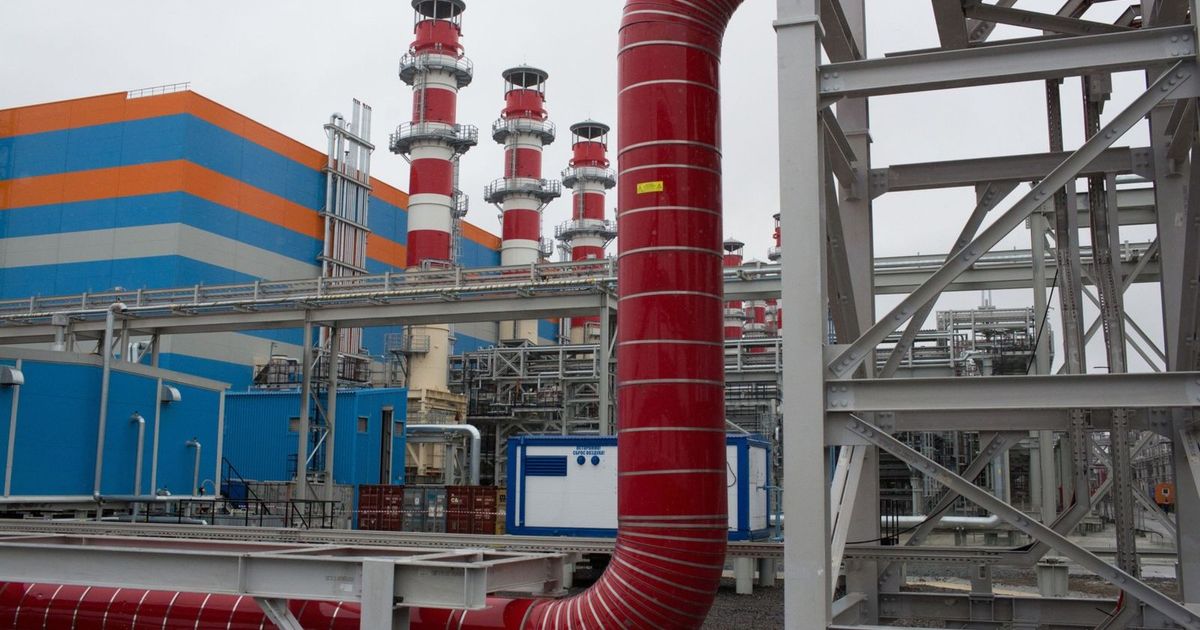Confirmed Russian shipments of liquefied natural gas (LNG) are expected to continue to flow to China, with both countries looking set to circumvent the latest restrictions imposed by the UK. The United Kingdom imposed restrictions on the Beihai LNG terminal in southern China on Wednesday, citing the import of fuel from an approved Russian facility. However, ship tracking data compiled by Bloomberg shows that at least one shipment is currently on its way to the terminal, while another tanker waits along the coast. Expect a possible Western response. Moscow and Beijing anticipated the possibility of the West taking retaliatory measures against the Beihai station. China designated the terminal as the sole port to receive gas shipments from Russia’s Arctic LNG 2 project, which is already subject to sanctions from the United States and the United Kingdom. Since then, other Chinese companies have stopped using the terminal. By limiting these imports to a single facility whose activities do not overlap with other companies, Beijing has effectively shielded the wider gas sector from any potential consequences. Traders polled by Bloomberg expect flows from Arctic LNG 2 to continue. Also read: 20,000 punishments in a decade… Have they strengthened the resilience of Russia’s economy? The approach needed to convince China “The Chinese leadership has been the first to hedge against any targeted Western sanctions,” said Malt Humbert, founder of the Washington-based think tank The Arctic Institute. He added: “Only a more coordinated and coherent approach by the United States and the European Union, including the imposition of secondary sanctions, will convince China to reconsider its stance on Russian liquefied natural gas.” Ship tracking data compiled by Bloomberg showed that the Beihai terminal has only received shipments from the Arctic LNG 2 project since late August. During that period, the station received nine shipments. At the same time, Russia continues to export gas from the facility, while a tanker is currently on its way to the facility to load a new shipment, according to the data. British efforts to stem the flow of Russian oil to China also face challenges. The biggest impact on deliveries to Beihai in the near term is likely to be the lack of specialized LNG tankers capable of crossing icy waters to reach the Russian facility during the winter, according to Humbert. Also read: Trump’s “secondary” sanctions: a threat to Russia or pressure on allies? Beijing’s stance on unilateral sanctions The UK’s efforts to stem the flow of Russian crude to China also face challenges. The Shandong Yulong petrochemical facility, which the British government imposed restrictions on Wednesday, is expected to continue buying and processing Russian crude oil, according to analysts at Energy Aspects and Kpler. “Beijing does not recognize the unilateral measures imposed by the United Kingdom,” said Moyu Xu, senior crude oil analyst at Kpler.
Russian gas continues to flow to China despite British sanctions
